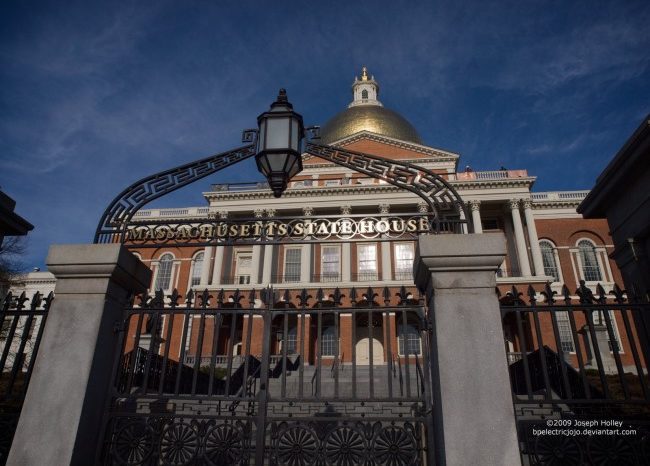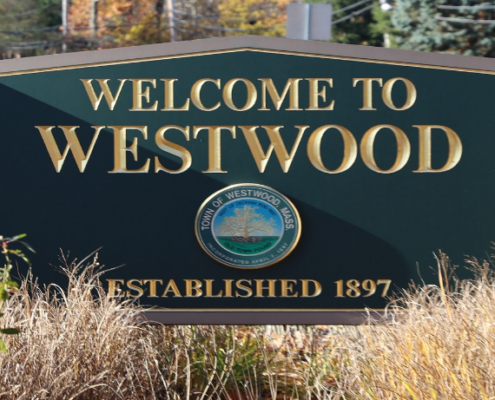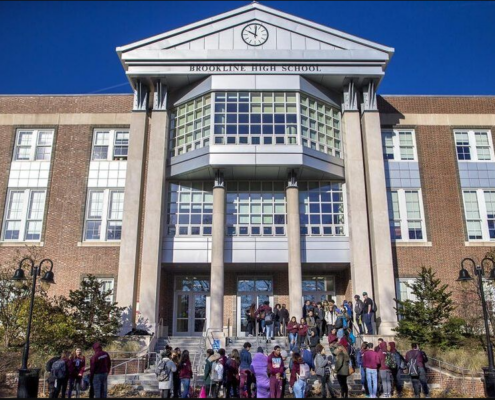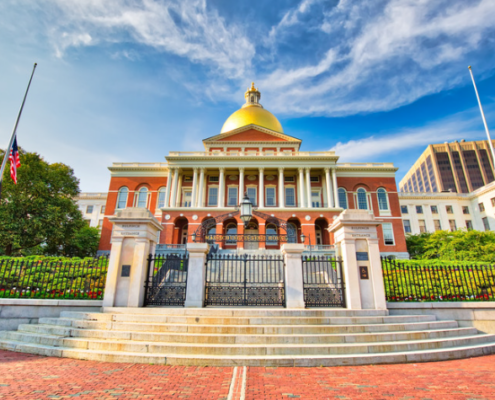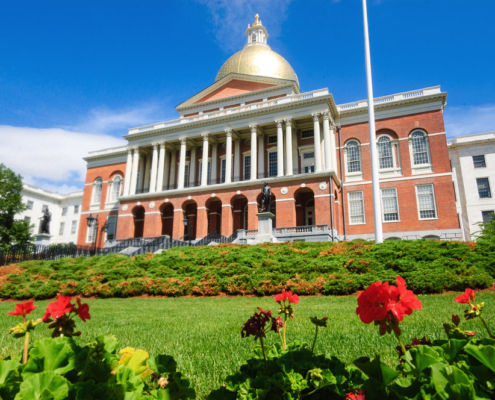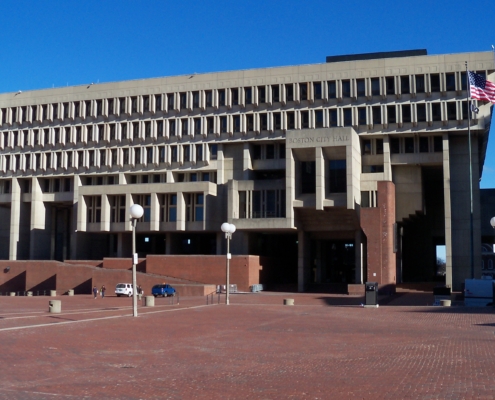Time to End MA State Legislature’s Exemption from Public Records Law
The purpose of transparency laws is to promote more effective, accountable and responsive government. Engaged citizens are essential for our form of government to thrive over the long-term. According to the Secretary of the Commonwealth of Massachusetts, “the founding fathers of our nation strove to develop an open government formed on the principles of democracy and public participation. An informed citizen is better equipped to participate in the process.” Yet, despite this paramount need for the long-term health of the Commonwealth, our transparency laws remain deeply flawed.
The Public Records Law expressly states that the law “shall not apply to the records of the general court” Meaning the state legislature “exempted” itself from a most important law. Although the Supreme Judicial Court upheld the application of the legislature’s blanket exemption, it has never ruled specifically on the constitutionality of the provisions. We at Pioneer Institute believe the legislature’s exemption to this law is unconstitutional. The legislature’s exemption from public records law undermines the rights reserved to the people in the state Constitution and makes it impossible for citizens to uphold their end of the bargain by being engaged in the democratic process.
Read our Public Testimony, delivered by Mary Connaughton, Pioneer’s Director of Government Transparency, on May 4th, 2018 before the Special Legislative Commission on Public Records.
Recent Posts:

